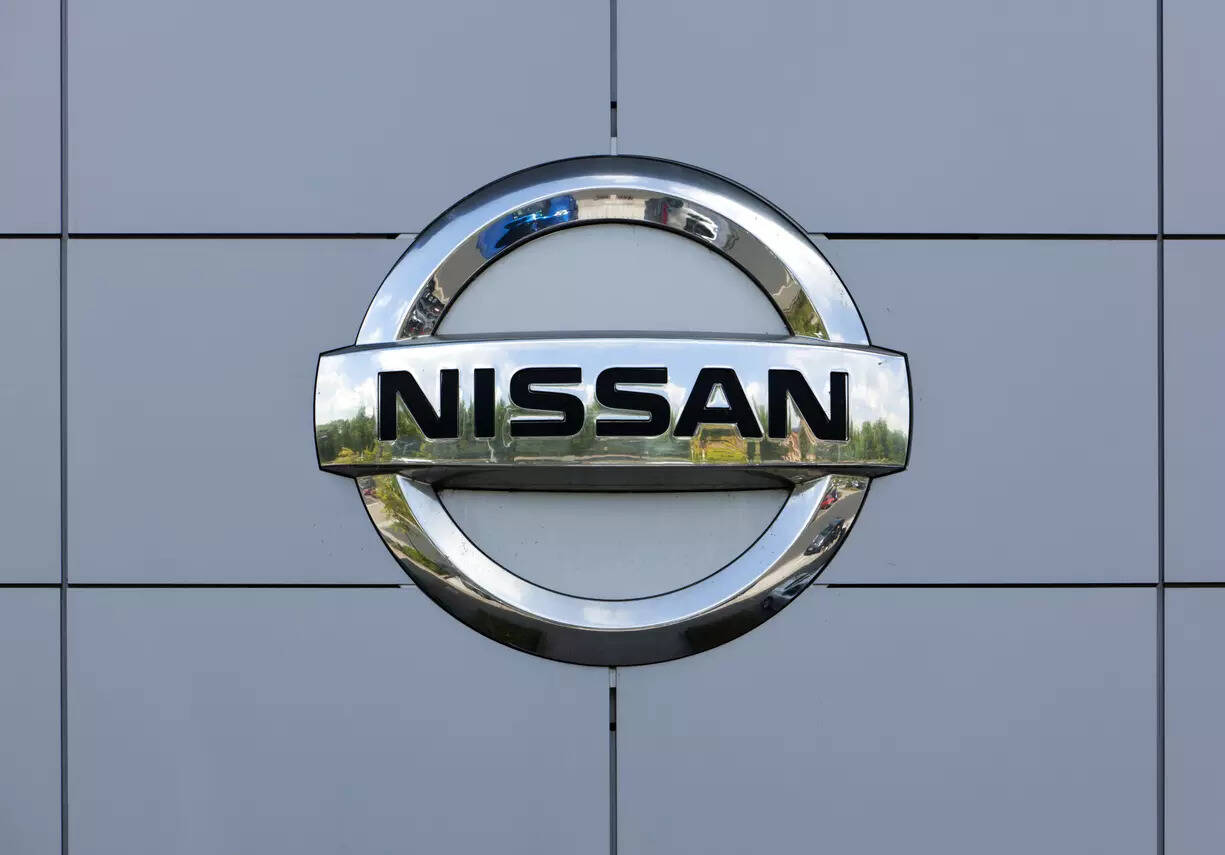
Fewer than 100 employees out of the thousands who work at Nissan‘s auto assembly plant in Tennessee can hold a vote on whether to form a small union, the federal labor board has decided.
The ruling Thursday by the National Labor Relations Board overturns a June 2021 decision by one of its regional officials that has long blocked the vote. The International Association of Machinists and Aerospace Workers sought to limit the push to about 86 tool and die technicians at Nissan’s Smyrna plant, about 25 miles (40 kilometers) outside Nashville.
The union said it is discussing the ruling with the employees at the Nissan facility “to determine the best path forward.”
The board’s three Democrats, who now hold a majority under President Joe Biden, signed off on the decision. The last remaining GOP member did not join the majority’s ruling.
The ruling offers a dash of hope for unions in their struggle to get a foothold in foreign-owned auto assembly plants in the traditionally anti-union South.
Previously, the regional official ruled against the smaller bloc vote after finding the few dozen workers share an “overwhelming community of interest” with the rest of the facility’s production and maintenance workers. She found that the only appropriate unionized group would be one representing about 4,300 plantwide production and maintenance workers. The union did not want the larger vote and didn’t pursue it.
The board, under a newly installed Democratic majority, announced in December 2021 that it would review that decision.
The board reasoned this week that the group of workers qualifies for the carved-out vote as a “craft unit,” saying those workers are “highly trained, highly paid employees working in a trade that the Board has frequently recognized as a craft.”
Nissan had contended that the employees are not sufficiently distinct from other plant workers to be eligible for their own small unionized subgroup. The company has about 7,000 employees at the Smyrna facility.
“While we do not agree with the Board’s position, our history reflects that we respect the right of employees to determine who should represent their interests in the workplace,” Nissan spokesperson Lloryn Love-Carter said in a statement.
The union, meanwhile, said the decision “sets a strong precedent going forward that appropriately classifies standalone craft units.”
“It is unfortunate that a broken and painstakingly long NLRB process has again allowed a company to put the brakes on workers obtaining a voice on the job without delay,” Machinists union spokesperson DeLane Adams said in a statement.
Nissan does work with organized labor in the rest of the world, but votes to unionize broadly at the U.S. two plants have not been close. Workers in Smyrna rejected a plantwide union under the United Auto Workers in 2001 and 1989. The Japan-based automaker’s other U.S. assembly plant in Canton, Mississippi, rejected facility-wide representation by the UAW during a 2017 vote.
The margin was much closer in 2014 and 2019 votes at the Volkswagen plant in Chattanooga, Tennessee, where workers twice rejected a factory-wide union under the UAW.
The year after the 2014 vote failed, a group of 160 Chattanooga maintenance workers won a vote to form a smaller union, but Volkswagen refused to bargain. The German automaker had argued the bargaining unit needed to include production workers as well. The dust-up led to the 2019 factory-wide vote.
Unions also have run into opposition from Republican politicians when they attempt to organize at foreign automakers in the South, including in Tennessee.
Tennessee does have a big union presence at an American automaker: the General Motors plant in Spring Hill has thousands of production and skilled trades workers represented by UAW.
There is also an open question about whether workers will unionize at four sprawling new factories planned by Ford in Kentucky and Tennessee by 2025, with an aim of hiring nearly 11,000 workers. Three of the plants – two in Kentucky, one in Tennessee – will be built with Ford’s South Korean corporate partner, SK Innovation, to produce electric vehicle batteries. A fourth, in Tennessee, will make electric F-Series pickup trucks.
Also Read:
